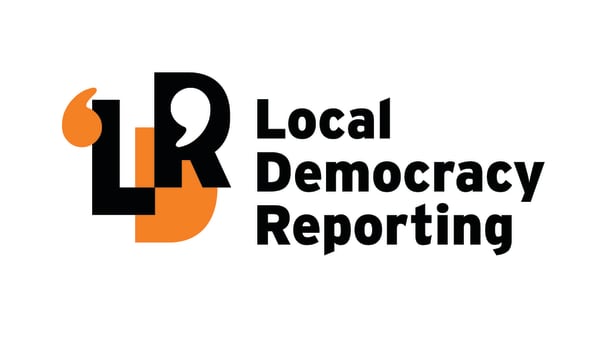The Civil Defence emergency response to Cyclone Gabrielle ignored warnings from local iwi and was far too optimistic about how things were panning out.
These are two of the findings of an independent review panel — directed by Mike Bush of Bush International Consulting Limited — that investigated the Hawke’s Bay Civil Defence response to Cyclone Gabrielle.
LDR spoke to Wairoa Mayor Craig Little and Ngāti Kahungunu chair Bayden Barber about how the report related to their experience on the ground in Wairoa.
The report released on Monday illustrated that Civil Defence needed to be more inclusive of groups already on the ground and was not currently “fit for purpose”.
However, Mr Bush cautioned in a promotional video for the report that “the review is not about appointing blame”.
The report said Civil Defence Emergency Management staff “lacked a scenario planning mindset, had low multi-agency operational exercise experience and suffered from optimism bias”.
It also said mana whenua had deep knowledge of the region’s waterways and had phoned emergency management authorities with concerns about observable river levels, forestry slash or river maintenance.
However, “they were told they were overreacting or that plans were well in hand”.
Mr Barber agreed with the finding of “optimism bias”.
“Everyone thought it was going to be good but through our iwi eyes . . . . most of our marae are right on the river, so we understand how the rivers work.
“There was that type of intelligence that was put out there and not heard,” he said.
Laws needed amending to allow for mana whenua expertise, he said.
“The legislation doesn’t allow for Māori. We don’t have any voting rights when it comes to regional planning so we’re just there as observers. That needs to change.”
Mr Barber said Civil Defence had a review eight months ago.
“They knew that there were big gaps and we have submitted that Māori need to be part of emergency response planning going forward.
“For example, using marae as community hubs, as welfare hubs, just makes sense. And that’s what we’re pushing for. But also to have Civil Defence training for our people so that they actually know what they’re doing.
“We’ve got shipping containers full of stuff going out to around 50 marae around Kahungunu.
“I think we’ll be better prepared next time, but we should be, and this report clearly states the things that we need to do as a region to be better prepared and also how to rebuild afterwards.”
Mr Little said the findings in the report did not come as a surprise.
“We weren’t as happy as we could be (about the emergency response), hence why it was done in the first place,” he said.
Mayor Little said he struggled with the fact that as soon as an emergency happened, Civil Defence took over.
“We had to work under the confines or the rules of Civil Defence and that let us down.
“You have to just about sign your life away on anything. Everything you do, whether it’s looking after people, if you give them food, if you give them clothes, anything.
“Even normal activity, you have to sign it off through welfare.”
When it came to implementing the recommendations of the review, Mayor Little said: “We’re already so busy with the recovery . . . we have to get the basics right first. We need the Government to support us financially.
“What keeps me up at night is there are still people out of their homes a year later.”









